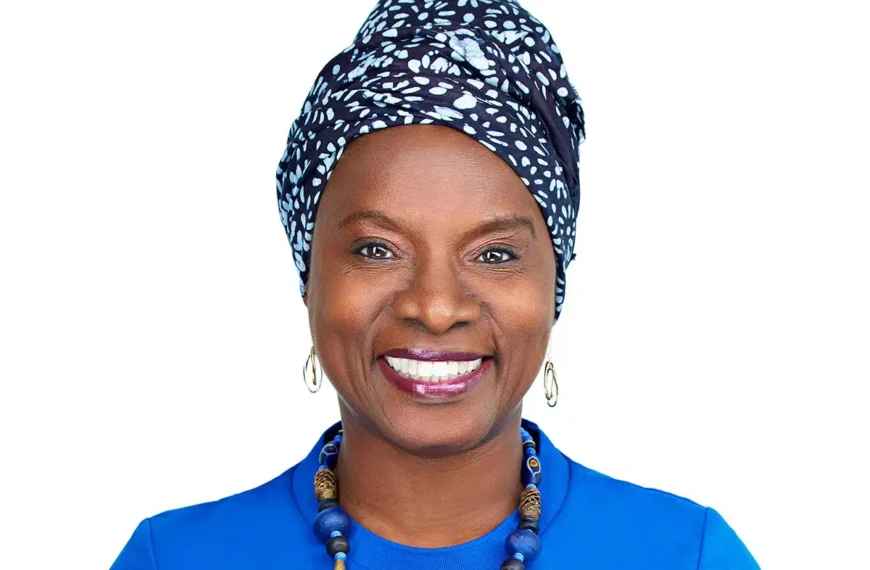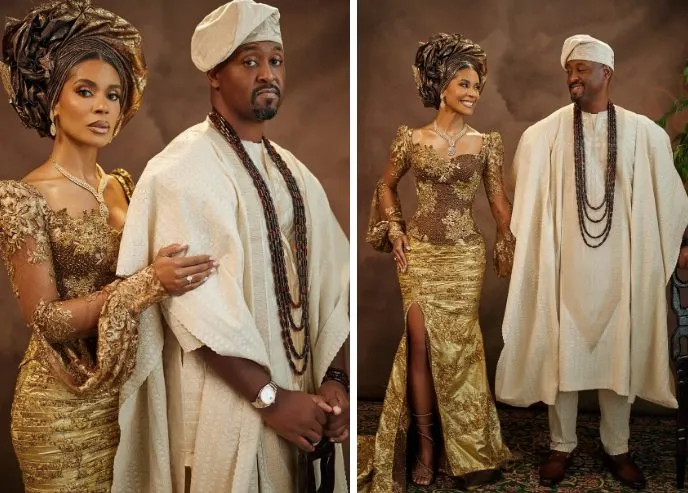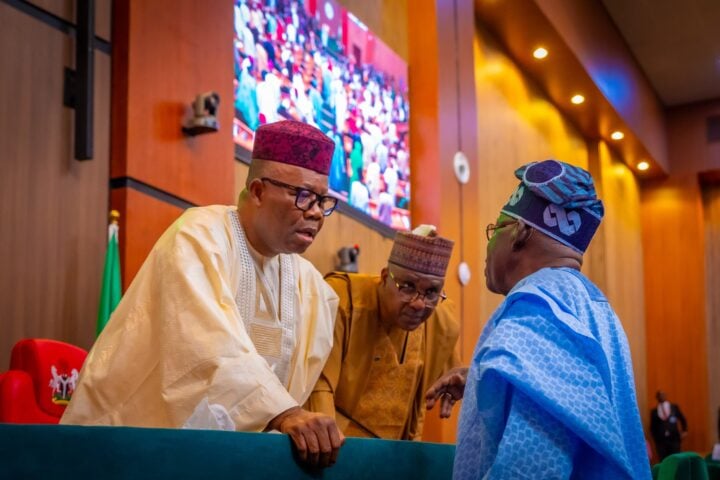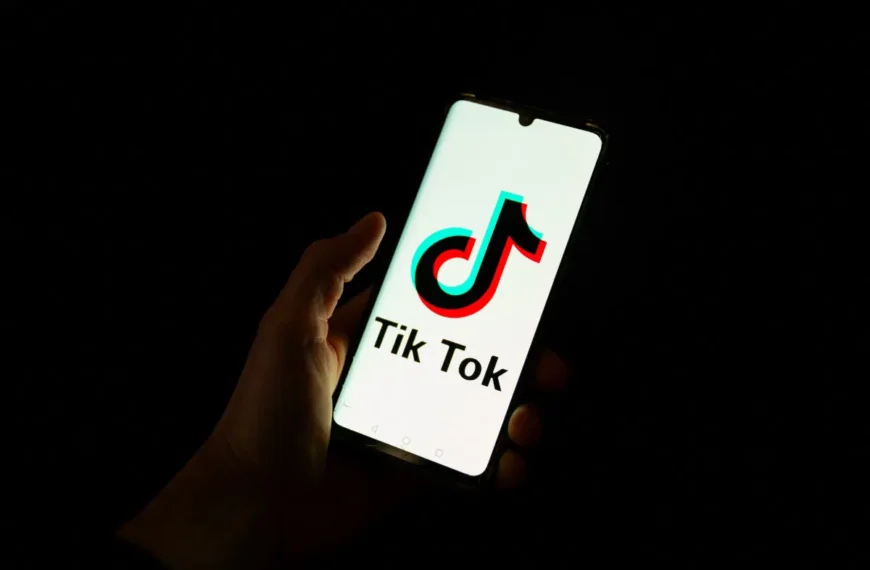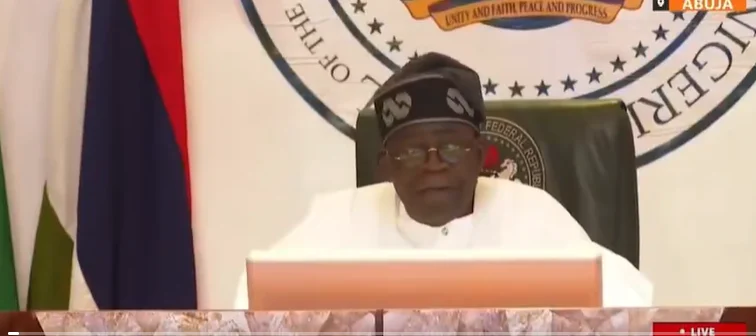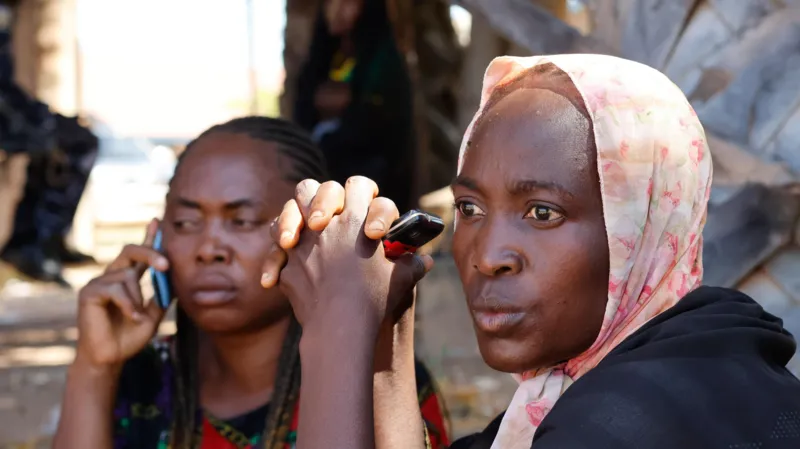The Nigerian government, through the National Broadcasting Commission (NBC), has banned the airing of veteran rapper Eedris Abdulkareem’s protest song “Tell Your Papa” on radio and TV stations. The song, which criticizes President Bola Tinubu’s administration, was deemed “objectionable” and a violation of broadcast standards.
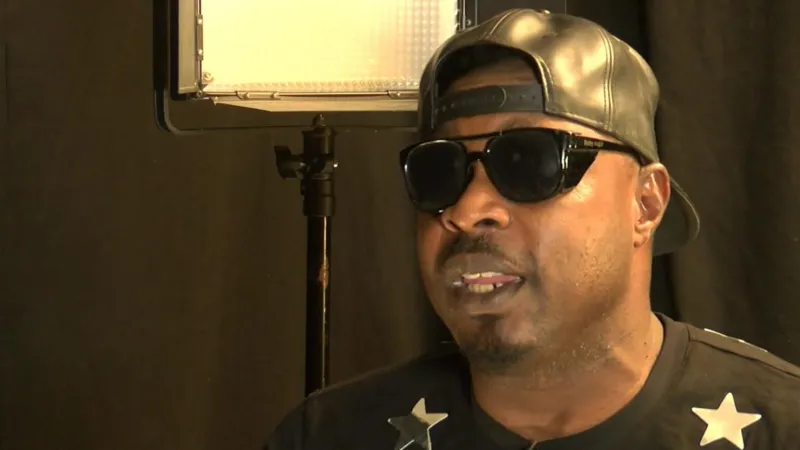
The Song’s Message
The song “Tell Your Papa” targets President Tinubu’s son, Seyi, over the country’s economic hardship and insecurity. Abdulkareem raps about the soaring fuel prices, 40% inflation, and widespread abductions, contrasting the elite’s privilege with public suffering. The song’s lyrics include “Seyi, tell your papa country hard… ebi n pa mekunu [hunger kills the poor]”.
Government’s Reaction
The NBC’s directive, signed by Susan Obi, Coordinating Director of Broadcast Monitoring, labeled the song as “Not To Be Broadcast” under Section 3.1.8 of the Nigeria Broadcasting Code. The commission deemed the song’s lyrics “inappropriate and offensive to public decency”. The ban has sparked debates over free speech and the government’s stance on criticism.
Public Backlash
The ban has ignited a firestorm on social media, with many Nigerians expressing frustration over the government’s attempt to stifle dissent. The hashtag #TellYourPapa trended on X (formerly Twitter), with users calling the ban “truth the government fears”. Rights group SERAP has issued a 48-hour ultimatum, threatening to sue the NBC for violating free expression.
Implications
The ban raises questions about the limits of free speech in Nigeria and the government’s willingness to listen to criticism. While some defend the NBC’s action, others see it as an attempt to silence dissenting voices. As Dr. Amina Jega, an analyst, noted, “Silencing artists won’t erase the reality—people are suffering”.
What’s Next?
Despite the airwave ban, “Tell Your Papa” continues to thrive on social media platforms and nightclubs. SERAP’s legal threat looms, while Abdulkareem vows to continue speaking truth to power. The NBC faces a dilemma: enforce the ban and risk escalating tensions or relent under pressure. With Nigeria’s youth rallying behind the song, it’s a cultural flashpoint in a nation at its limit ¹.



